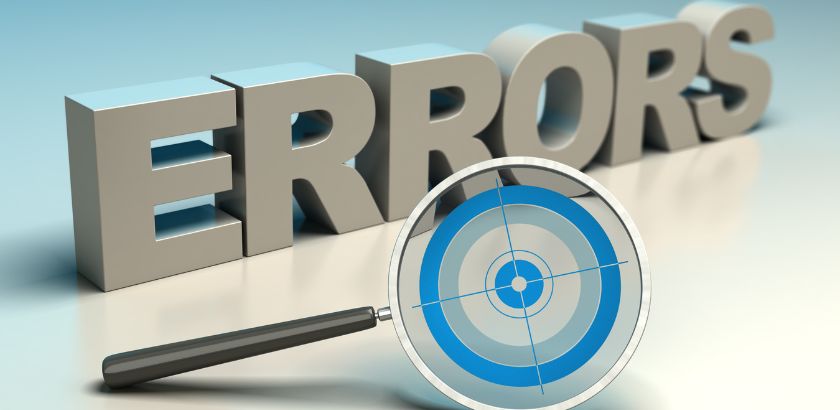
10 Strategies for Effective Revenue Cycle Management In Healthcare
Discover how simplifying healthcare billing can transform the future of medical finances. Learn about the latest trends, technologies, and strategies for efficient healthcare cost management and patient billing solutions.





